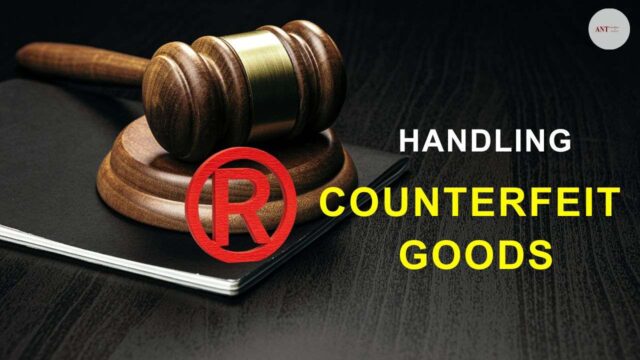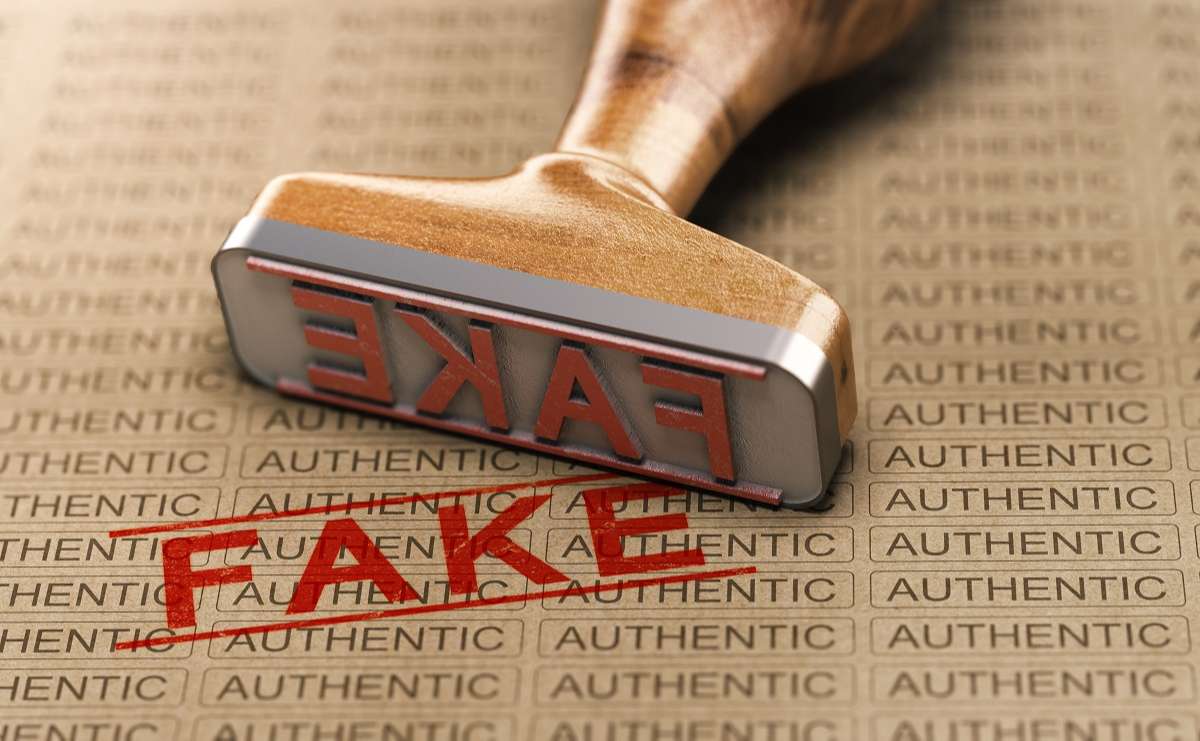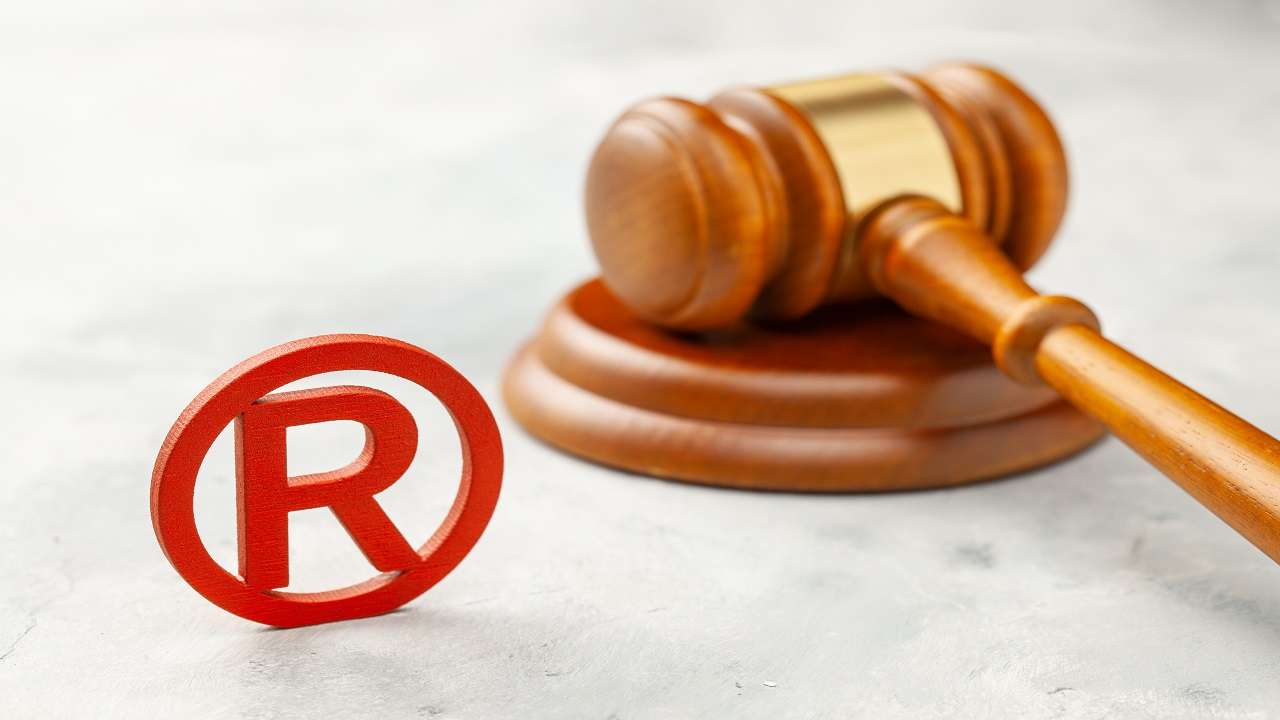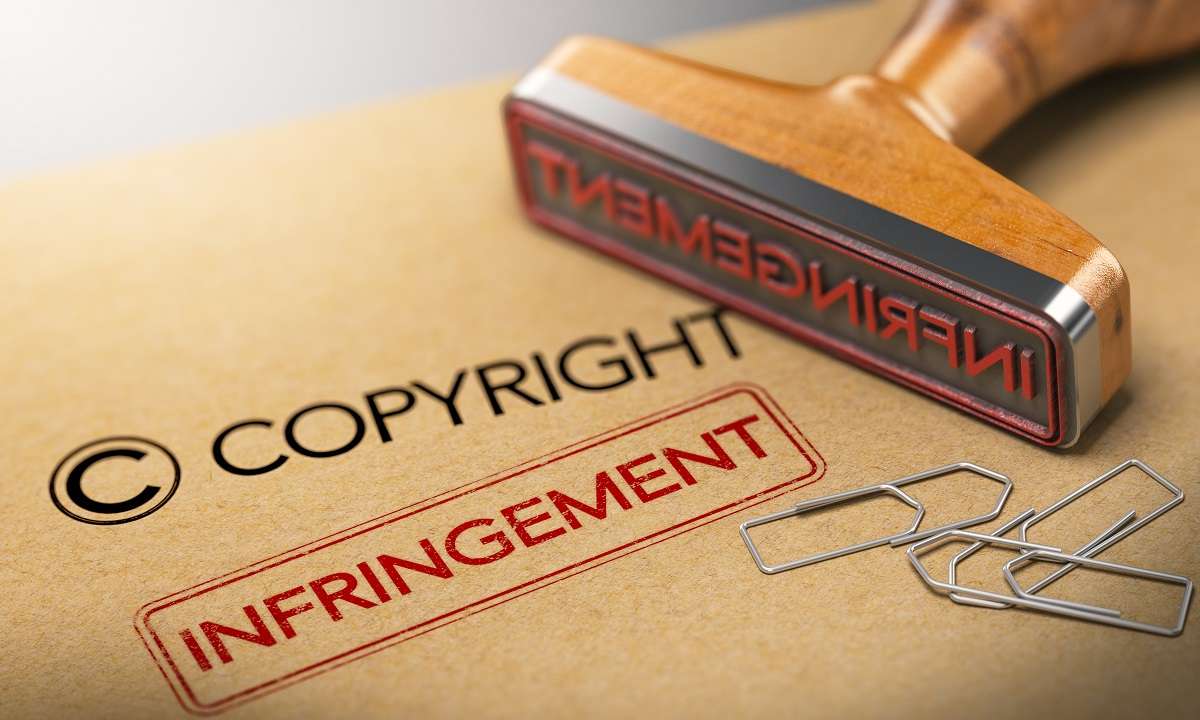Handling Counterfeit Goods in Vietnam under IP Law
In the modern economy, many goods and products of companies have been counterfeited and distributed on the market.
The problem of counterfeit goods, also known as trademark infringement, is becoming increasingly serious, posing a big challenge for intellectual property owners in handling counterfeit goods in Vietnam.
The consequences of counterfeit goods of are negative sales impacts, loss of customers’ trust and reputational damages.

The current Intellectual Property (IP) Law stipulates a number of acts considered infringing trademark rights, and proposes reasonable handling measures.
Trademark infringement involves various unauthorized uses of protected trademarks, leading to potential confusion or misrepresentation. This article explores distinct behaviors falling under trademark infringement, the conditions determining violations, and the legal recourse available to rectify these infractions.
Trademark Infringement Behaviors
Use of Identical Marks: Employing trademarks identical to those already registered for similar goods or services.
Use of Similar Marks: Entities using marks resembling protected trademarks, potentially causing confusion about the origin of goods or services.
Use of Marks Identical or Similar to Famous Trademarks: Applicable to famous trademarks, including those in transliteration or translation, which might lead to confusion or a distorted impression.
Conditions for Identifying Trademark Infringement
Subject: The violation falls within the scope of intellectual property rights.
Infringing Elements: The entity displays elements that infringe upon intellectual property rights.
Perpetrator: The infringing actions are carried out by an unauthorized party.
Location of Infringement: The infringement occurs either within Vietnam or online but targets consumers in Vietnam.
Measures to Address Trademark Infringement (Handling Counterfeit Goods)
Technological Measures: Employing technology to prevent and counteract trademark infringement.
Cease and Desist Requests: Proposing that the infringing party immediately ceases the infringement, removes violating content, and publicly issues an apology.
Requesting Government Intervention: When necessary, trademark owners can request state authorities to address the infringement according to legal regulations.
Legal Actions: Trademark owners have the right to file a lawsuit in court or arbitration to protect their legal rights and interests.
Actions by Trademark Owners
Issuing Cease and Desist Letters: hire IP dispute law firm in Vietnam sending formal requests to cease trademark infringement activities.
Civil Lawsuits: This step can involve various measures such as cease and desist orders, apologies, public corrections, and compensation for damages.
Reporting to Authorities: Reporting the infringement to competent authorities to impose administrative penalties and lodging complaints with law enforcement agencies.
Legal Proceedings: In challenging situations, taking the matter to court is the last resort.
Legal Consequences
Civil Lawsuits: Remedies may include cease and desist orders, apologies, public corrections, and compensation for damages.
Administrative Liability: Violating companies may face fines of up to 250 million VND.
Criminal Liability Companies may be fined up to 5 billion VND and have their operations suspended for up to two years.
By implementing these possible measures to counteract counterfeit goods, trademark owners can effectively protect their rights and address trademark infringement behaviors. The legal consequences outlined here serve as a deterrent, emphasizing the seriousness of trademark infringement in Vietnam. Understanding and actively pursuing these avenues can contribute to a robust system for safeguarding intellectual property rights.
How trademark infringement lawyers could help with handling counterfeit goods in Vietnam?
Overall, it is important to protect the intellectual property rights. Further, engaging with an IP attorney in Vietnam will help the process efficiently from registration, managing the intellectual property, protecting the intellectual property from infringement, and handling the disputes against the IP violators in Vietnam through administrative measures, civil litigation…
How ANT Lawyers – IP agent in Vietnam could help?
If Client needs any other information or requires for further advice about handling counterfeit goods our IP attorney at ANT Lawyers, the IP legal service in Vietnam will be available for service.
We help clients overcome cultural barriers and achieve their strategic and financial outcomes, while ensuring the best interest rate protection, risk mitigation and regulatory compliance while doing business in Vietnam.
How ANT Lawyers Could Help Your Business?
You could learn more about ANT Lawyers IP Practice or contact our IP attorneys in Vietnam for advice via email ant@antlawyers.vn or call our office at (+84) 24 730 86 529




